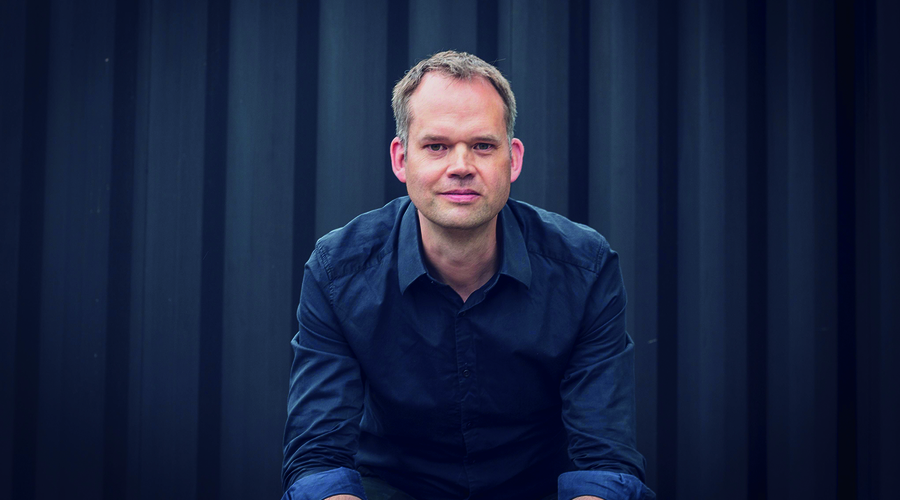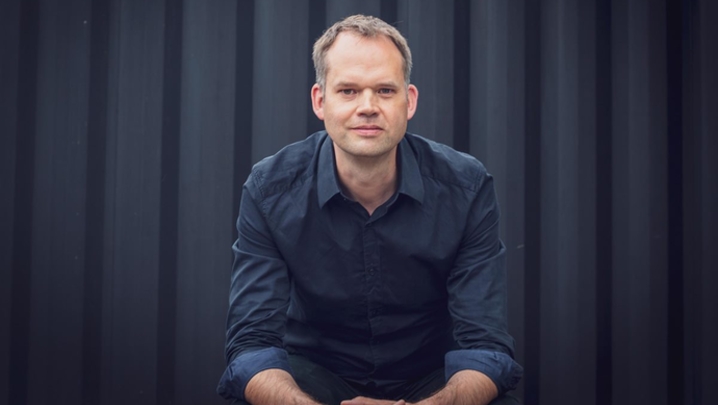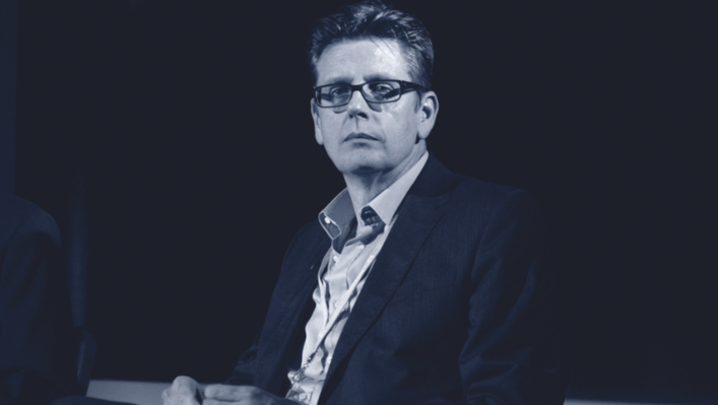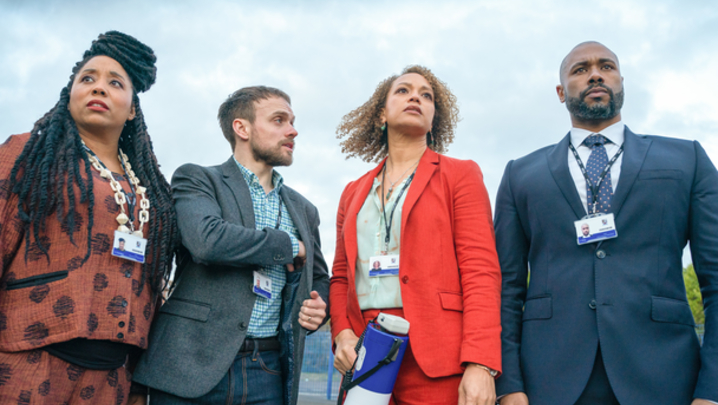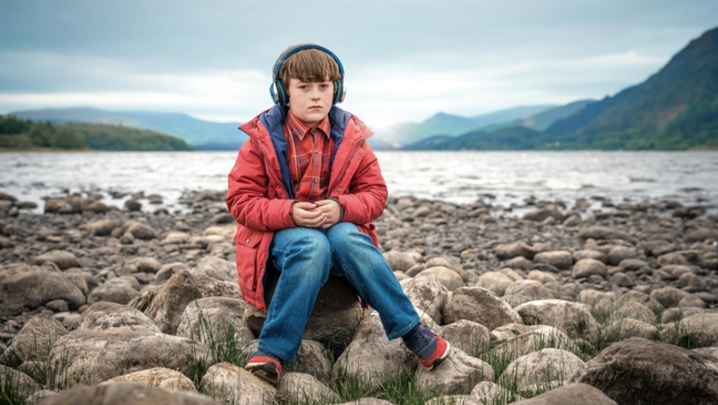What is the best setting for creative conversations? Cameron Roach is inspired by the fabled Granada canteen
The future of the RTS, especially in the regions, is about ensuring that it has a relevance and a clear purpose. And this must be a real purpose for all – from new recruits to industry heavyweights. We need events that inspire, challenge and make us question the direction of travel for our sector, while ensuring there are opportunities to make new connections and unexpected partnerships.
Since the pandemic, it is true that we have all been grappling with the best forum to have conversation and debate, and thinking about the spaces and places in which we come together.
As the industry faces existential challenges on several fronts, how do we share ideas collectively, and not within a narrow bubble? How do we connect with creatives in aligned fields such as gaming, sports, education, film, and the arts more broadly?
What might be the collegiate environment where we can come together, exchange ideas, consider best practice and circle the potential green shoots that might exist in our sector? As the world changes at pace, as an organisation our relevance is key.
This summer, Manchester witnessed Aviva Studios, home of Factory International, open its doors, on the old Granada Studios’ Quay Street site. At the same time, the Manchester International Festival hosted a VR event, Kagami, in the restored Versa Manchester Studios.
It felt truly inspiring to have creativity bubbling in the city and to know that, beneath our feet, was the history of a broadcasting institution. The key to how we might network in future may be in the history of the Quay Street studios.
Certainly, a space that the RTS can be inspired by, and is often celebrated – indeed, some might say was notorious – is the Granada canteen. Reminiscing in 2016, producer/director Jon Woods described the canteen as the “heart of the building”; there was a sense that you could meet anyone there; and a conversation could be had with anyone, regardless of their department or grade.
Earlier in the year, at the RTS North West annual Tony Wilson Memorial Lecture, network chief David Liddiment celebrated the success and innovation that blossomed under the Granada producer-broadcaster model at Quay Street. In his talk, David captured the easy creative flow of conversation and opportunity that existed in the building.
There was hierarchy, but there was also a cross-pollination of ideas and collective pursuit of excellence; ideas were not siloed in entertainment or comedy but were shared and built on. For instance, an editor might make their way from light entertainment to drama, and the programmes that emerged would benefit from this lateral move. We are now so segregated, there is little opportunity to share ideas, be collegiate and encourage a collective success.
I’m proposing that our events should carry the atmosphere of the Granada canteen, with the opportunity to strike up a conversation with anyone, no matter what their rank or in which genre they work. Their common ground must be sharing a passion for entertaining audiences and an excitement for TV and the opportunities it holds.
As the industry becomes increasingly siloed, there is a greater need to come together in spaces that are not political, commercial or segregated in any way. We need to have totally open access. We need a canteen mentality.
It was terrific to be reminded recently by Sue Johnston, as The Royle Family celebrated its 25th anniversary, that it was at the RTS North West Awards that Caroline Aherne first approached Ricky Tomlinson, and announced with certainty that he would be playing her dad, and Sue would be playing her mum.
This is exactly the type of conversation we all would want to encourage more of. The RTS can maintain its relevance if our events bring people together, to celebrate our craft and offer potential and hope for the future.
Anyone for a food fight?

